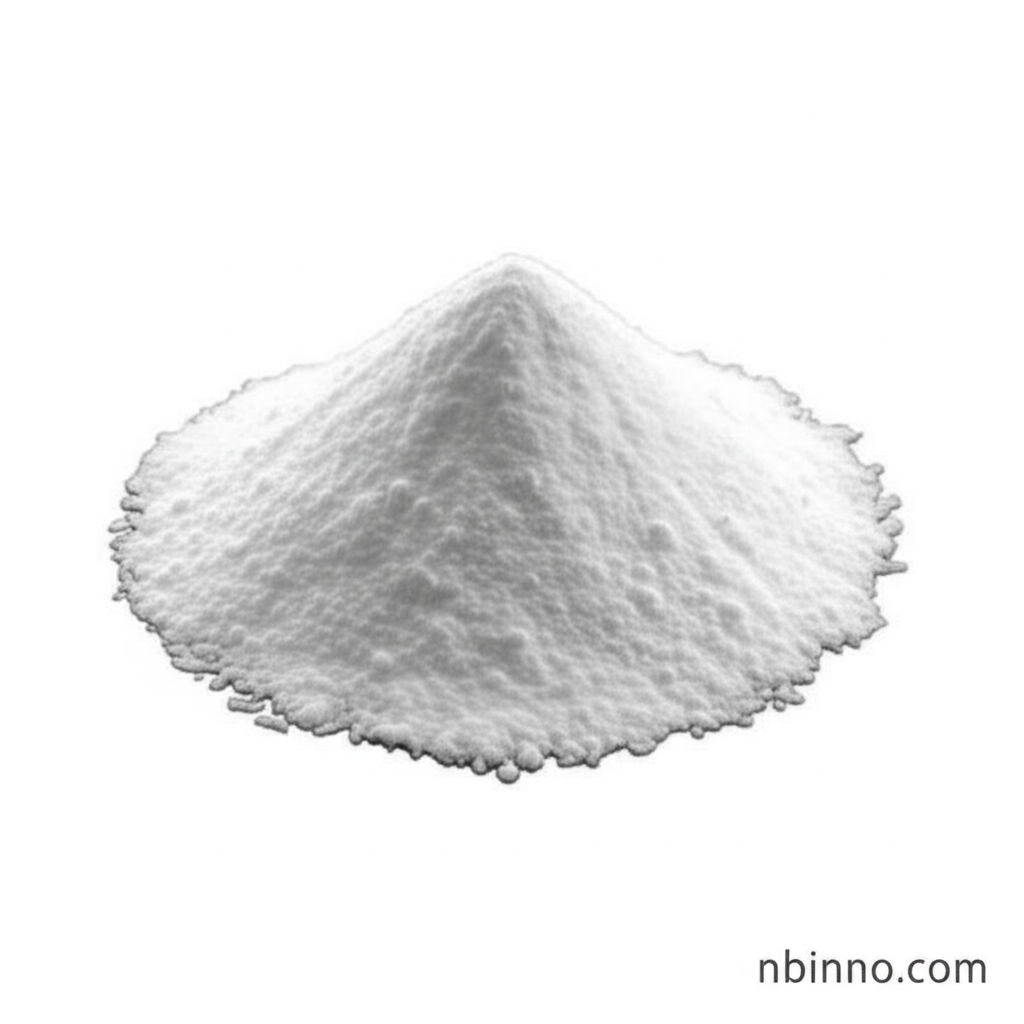Lincomycin Hydrochloride (CAS 859-18-7): A Potent Antibiotic for Severe Bacterial Infections
Discover the efficacy and applications of Lincomycin Hydrochloride, a key antibiotic for challenging bacterial infections.
Get a Quote & SampleProduct Core Value

Lincomycin Hydrochloride
Lincomycin Hydrochloride is a lincosamide antibiotic that plays a critical role in combating severe bacterial infections. It is particularly valuable for patients who cannot tolerate penicillin-based antibiotics due to allergies or resistance. Its primary mechanism of action involves inhibiting bacterial protein synthesis by binding to the 50S ribosomal subunit, thereby halting bacterial growth and proliferation. This makes it a vital tool in treating a range of serious infections caused by susceptible strains of Gram-positive and anaerobic bacteria.
- Explore the lincomycin hydrochloride uses in various medical applications, providing a crucial alternative for treating stubborn bacterial infections.
- Understand the detailed lincomycin hydrochloride side effects and the importance of medical supervision when administering this potent medication.
- Learn about the precise lincomycin hydrochloride mechanism of action, which targets bacterial protein synthesis at the ribosomal level.
- Familiarize yourself with recommended lincomycin hydrochloride dosage guidelines to ensure safe and effective treatment protocols.
Key Advantages
Broad-Spectrum Efficacy
Lincomycin Hydrochloride offers effective treatment against a wide range of Gram-positive and anaerobic bacteria, making it a versatile option for various infections.
Penicillin Alternative
It serves as a critical alternative for patients with penicillin allergies, ensuring that effective treatment options are available for those who need them most.
Targeted Mechanism
By inhibiting bacterial protein synthesis, it provides a direct and effective way to combat bacterial growth, addressing the root cause of infections.
Key Applications
Severe Bacterial Infections
Lincomycin Hydrochloride is primarily used to treat serious infections that are proven or strongly suspected to be caused by bacteria susceptible to its action, providing a lifeline when other treatments fail.
Veterinary Medicine
This compound is also utilized in veterinary medicine to treat bacterial infections in animals, contributing to livestock health and preventing disease spread.
Pharmaceutical Intermediates
As an active pharmaceutical ingredient, it plays a role in the synthesis and formulation of various medicinal products, supporting the pharmaceutical industry.
Research and Development
It is employed in research settings to study bacterial resistance mechanisms and to develop new antimicrobial strategies, furthering scientific understanding.
